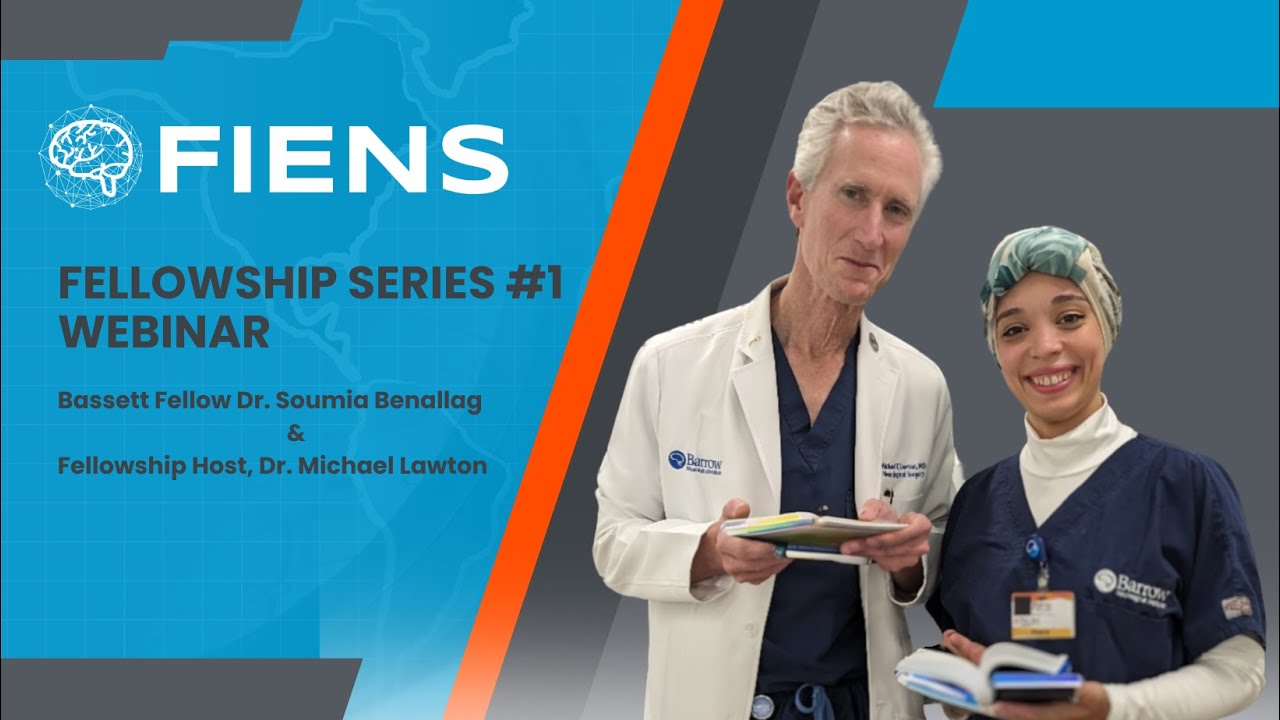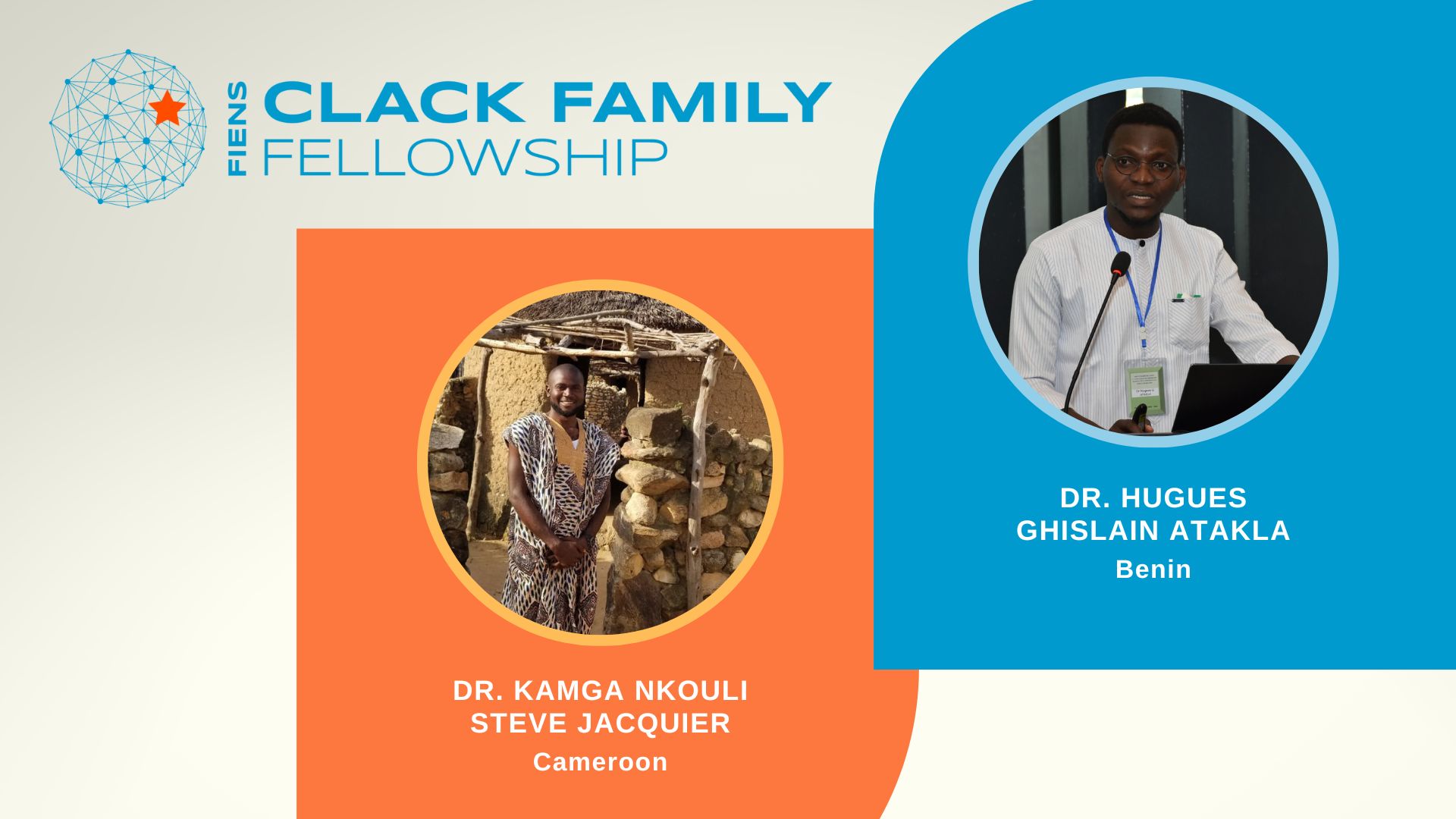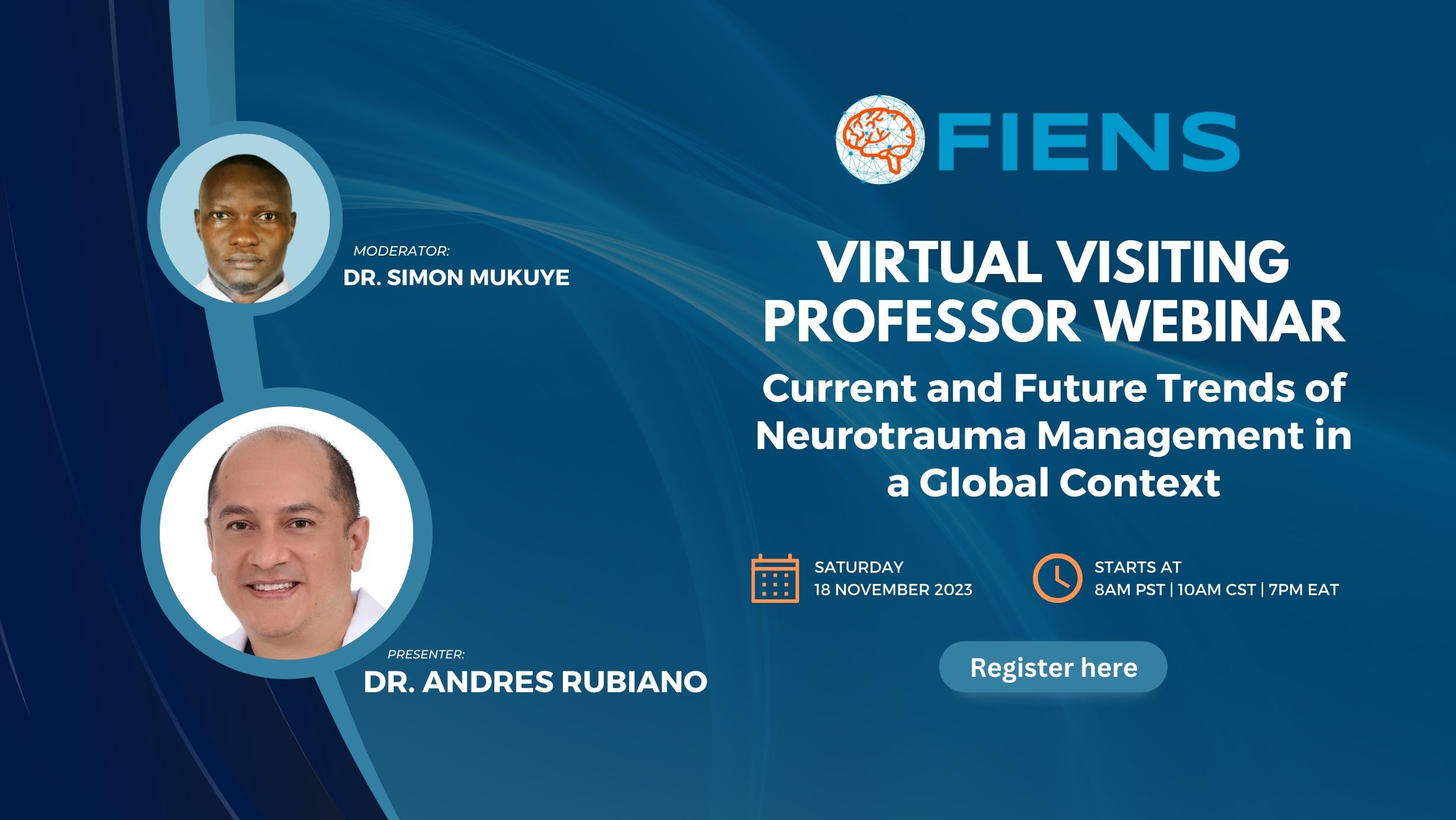The Mnazi Mmoja Hospital-NED institute embodies the spirit that Humanitarian Neurosurgery stands for. The opportunity and spirit of offering ones personal Time, Talent and resources to members of the Global family, who through, no fault of their own, find themselves in a region lacking resources.
The innate desire of the human race to comfort and care for others, is demonstrated by every Mission team that travels thousands of miles to a remote Island of Zanzibar, off the East African coast, in the Indian Ocean, offering their services without a hint of any expectation of recognition or reward. To participate in this role as a missionary, is a unique and fulfilling experience.
My last visit was, between 17th and 24th September. It felt different and even more heart warming. Dr. Jose Piquer had set up his base there a month earlier, and had been joined by his anesthesia colleague, Dr. Maite, who has a special interest in Pain Medicine. A group of Spanish nurses, and an Intensivist, Pablo were also there providing dedicated care to patients. During this visit the focus of this team was to address spine pain through interventional techniques.

A special Symposium of “Neuroscience based approach to Pain” was held to update Zanzibar doctors, anesthesiologists and nurses on current approaches to painful spine conditions. Lectures of anatomy and pathophysiology of spine pain, and approaches to its management were held daily during the week long Mission. The participants then attended, live demonstrations on Pain management techniques in one of two very well equipped operating rooms.
I was there along with members of my team, to dedicate ourselves to neurosurgical procedures, after the lectures held at the start of the day. Dr. Gilbert Mwaka, my anesthetic colleague, and Morris Githeiya, an experienced and remarkably calm and hard-working, head of OR nursing, who has offered his volunteer services ever since I conducted my very first Mission to Mombasa, a coastal East African town in Kenya in November 2001. This visit was particularly special as well, as I was privileged to have another visiting neurosurgeon from Karachi, Pakistan join our Mission. Aneela Darbar, a US trained and Board Certified neurosurgeon currently based in Karachi was keen to learn how the NED Institute is set up and organized. A volunteer spirit herself, she was a pleasant addition in our team. Aneela, during her time in the St Louis Missouri, had spent time working alongside Dr. Paul Young. Not unsurprising, therefore, that she has the Mission spirit “bug” and a wonderful charm about her, not to mention the superb operating skills that she brought to Zanzibar. She felt totally “at home” and formed a close bond with Dr. Maite, Jose, Gilbert, Pablo and the equally warm and bubbly Mission team. The chemistry around the team was truly infectious.
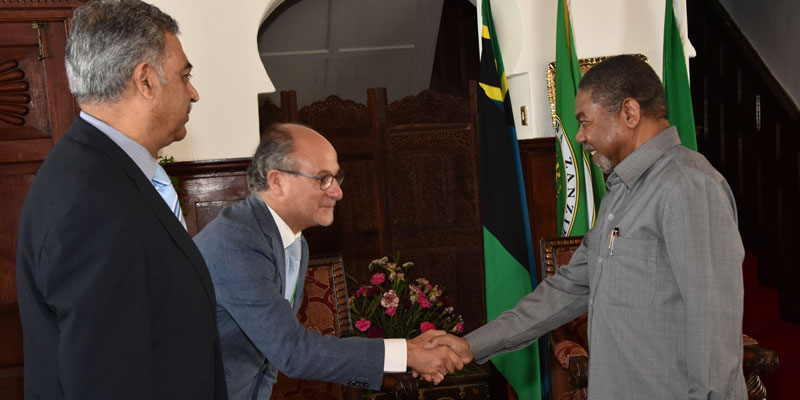
The week saw Aneela and my team operate on three instrumentation spinal fusions, a decompressive laminectomy for neurogenic claudication, endoscopic fenestration and third ventriculostomies for hydrocephalus, a posterior fossa, tumor, a choroid plexus papilloma. It was gratifying to be able to conduct the first sub-labial approach for transphenoidal excision of a pituitary adenoma, to be conducted in Zanzibar. For me, personally this was exceedingly memorable. In July 2004, on my first Mission to Zanzibar I had conducted the first neurosurgical operation on a hydrocephalic child. The only neurosurgical equipment was what I had carried in my brief-case: a shunt introducer and my supply of the Indian made Chabbra shunts! With the NED institute in place, and 12 years late, to conduct a transphenoidal approach in Zanzibar was hugely heart warming. Dr. Aneela, having only done endoscopic transnasal approaches for such lesions, received her first hands on lesson on this “out-dated” approach!!! And she was thrilled!!
Our Anesthesiology and pain specialist colleague, Gilbert Mwaka, demonstrated his skills at cranial blocks to other members of the team. He uses this regularly at the Aga Khan hospital in Nairobi, having learnt them from the renowned team of Dr. Amin Kassam when we visited him in Milwaukee in last year. Amin Kassam had shown us how his team conducts awake craniotomies, when
Dr. Mwaka, Aneela Darbar, myself and another US trained neurosurgeon, Ather Enam visited Milwaukee.
So here was Zanzibar’s NED institute, helping us share our experiences and offering it to patients who more than deserve our support; and who make us believe that humanity still has a chance!!!
The week ended with the Minister of health Honorable Mahmoud Kombo inviting the team for a Sea-food Dinner and informing us that His Excellency the President of Zanzibar would like to meet us at State House Zanzibar the following morning. The President was keen to share his vision of using the NED Institute example to encourage other specialists to help develop health care in Zanzibar. He reminisced how, in the early 1950s, Zanzibar was a centre where patients came from the region to seek care offered by the British specialists based at the Mnazi Mmoja Hospital. The president, a medical pathologist by training, and having worked at the hospital in the past, understands the special role NED is playing and has asked that the Institute seek accreditation by the regional College COSECSA to be considered a training site for the regional COSECSA neurosurgery program. I do believe this is now very close to becoming a reality. For those who were supportive of this program, including Paul Young, Ben Warf, Merwyn Bagan, this would be a tremendous accomplishment.

